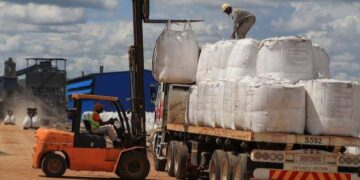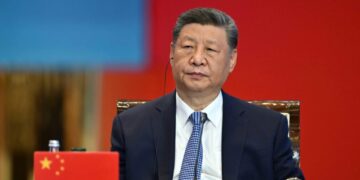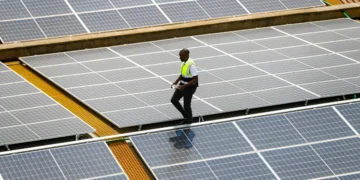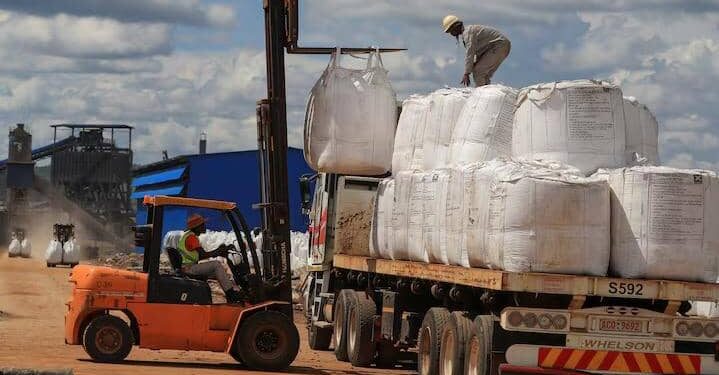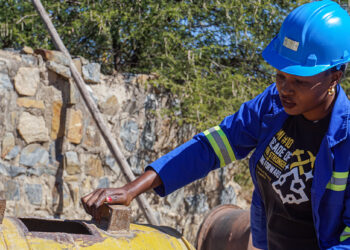By Enyichukwu Enemanna
Zimbabwe has placed a ban on the export of lithium concentrates used in producing batteries that power renewable energy technologies, including solar, aiming to extend its push to boost local industries.
The ban, announced on Tuesday, will take effect from 2027, Mines Minister Winston Chitando said at a press conference.
Africa’s top producer of lithium, Zimbabwe banned the export of lithium ore in 2022 and has been encouraging miners to process more domestically.
Lithium miners in Zimbabwe, who are mostly from China, have been exporting concentrates to their home country.
The minister said lithium sulphate plants were currently being developed at two Zimbabwean mines, Bikita Minerals, owned by Sinomine, and Prospect Lithium Zimbabwe, owned by Zhejiang Huayou Cobalt.
Experts say lithium sulphate is an intermediate product which can be refined into a battery-grade material such as lithium hydroxide or lithium carbonate used in battery manufacturing.
“Because of that capacity which is now in the country, the export of all lithium concentrates will be banned from January 2027,” Chitando said during a media briefing after a weekly cabinet meeting.
In 2023, Zimbabwe gave lithium miners up to March 2024 to submit plans for developing local refineries, but softened its stance after prices of the metal dropped.
Sinomine and Zhejiang Huayou Cobalt are part of a group of Chinese firms, including Chengxin Lithium Group, Yahua Group and Canmax Technologies, which have spent more than $1 billion since 2021 to acquire and develop lithium projects in Zimbabwe.
The southern African country joins a list of African nations aiming to have more control over their mineral resources to boost revenue.
